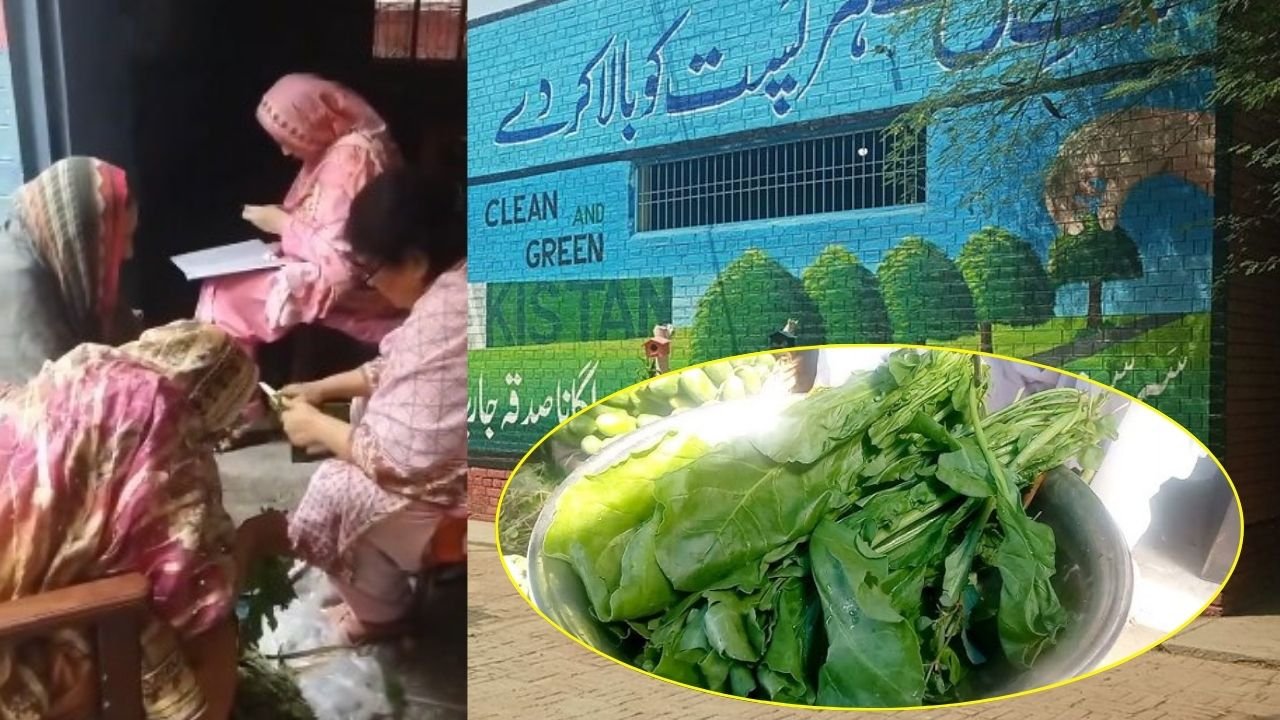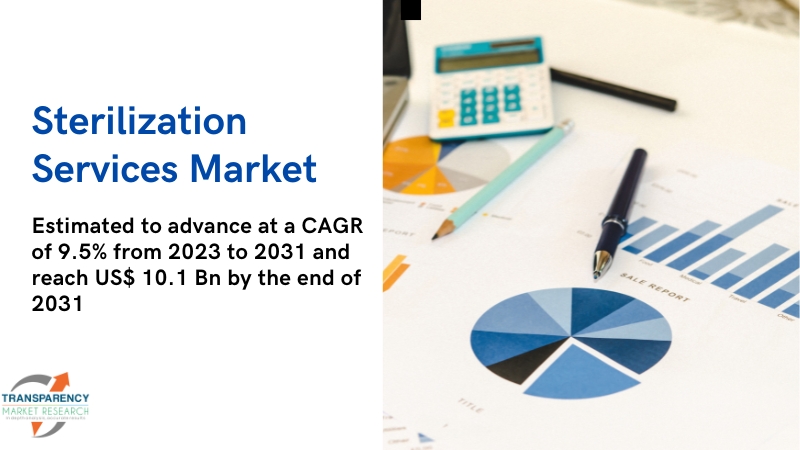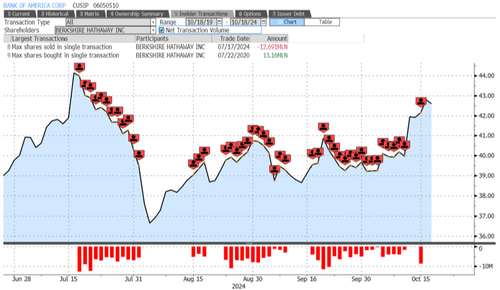
New Delhi: The health ministry has framed ethical guidelines for commercial use of leftover, anonymous or unidentified biomedical samples such as blood and tissue. They also apply to samples for which identification is witheld. Hospitals generate large quantities of biomedical waste which may not be of any use to them.
However, these leftover samples can used by companies for research and development. The guidelines specifies that companies will have to maintain transparent and open communication with the hospitals for development of commercial kits and technologies, which should be affordable and accessible for patients and healthcare providers. The guidelines jointly prepared by the Directorate General of Health Services (DGHS) and Indian Council of Medical Research ( ICMR ) only address ethical issues.
“...
For the use of deidentified/ anonymous left-over samples, use may be permitted with a ‘waiver of informed consent’. There would be no loss to patient’s rights or autonomy in such cases as the left-over samples are identified and cannot be traced to the patient,” said the guidelines. Also read: Govt drafts SoP to regulate clinical research organizations The Central Pollution Control Board (CPCB) report 2022-23 stated 764 tonnes of bio-medical waste is generated by India's 375,256 healthcare facilities every day, 721 tonnes of which are treated and disposed of.
Biomedical Waste is regulated as per Environment (Protection) Act, 1986 to improve the collection, segregation, processing, treatment and disposal practices for bio-medical wastes in an environmentally sound management to prevent from its adverse effect on the environment and human health. What guideline says..
. The guidelines states that hospitals need to seek regular progress reports from companies to ensure compliance with the signed agreements regarding the use of provided leftover samples. Companies have to provide information on the intended use of the sample, declare the nature of the product development, and display transparent policies that indicate the source, handling purpose, financial interests, and robust scientific methods, safety and destruction of samples when they complete the intended purpose.
Queries sent to the health ministry spokesperson remained unanswered. Also read: India’s apex drug regulator to crack the whip on manufacturers and pharmacies for not following antimicrobial drugs rule.














